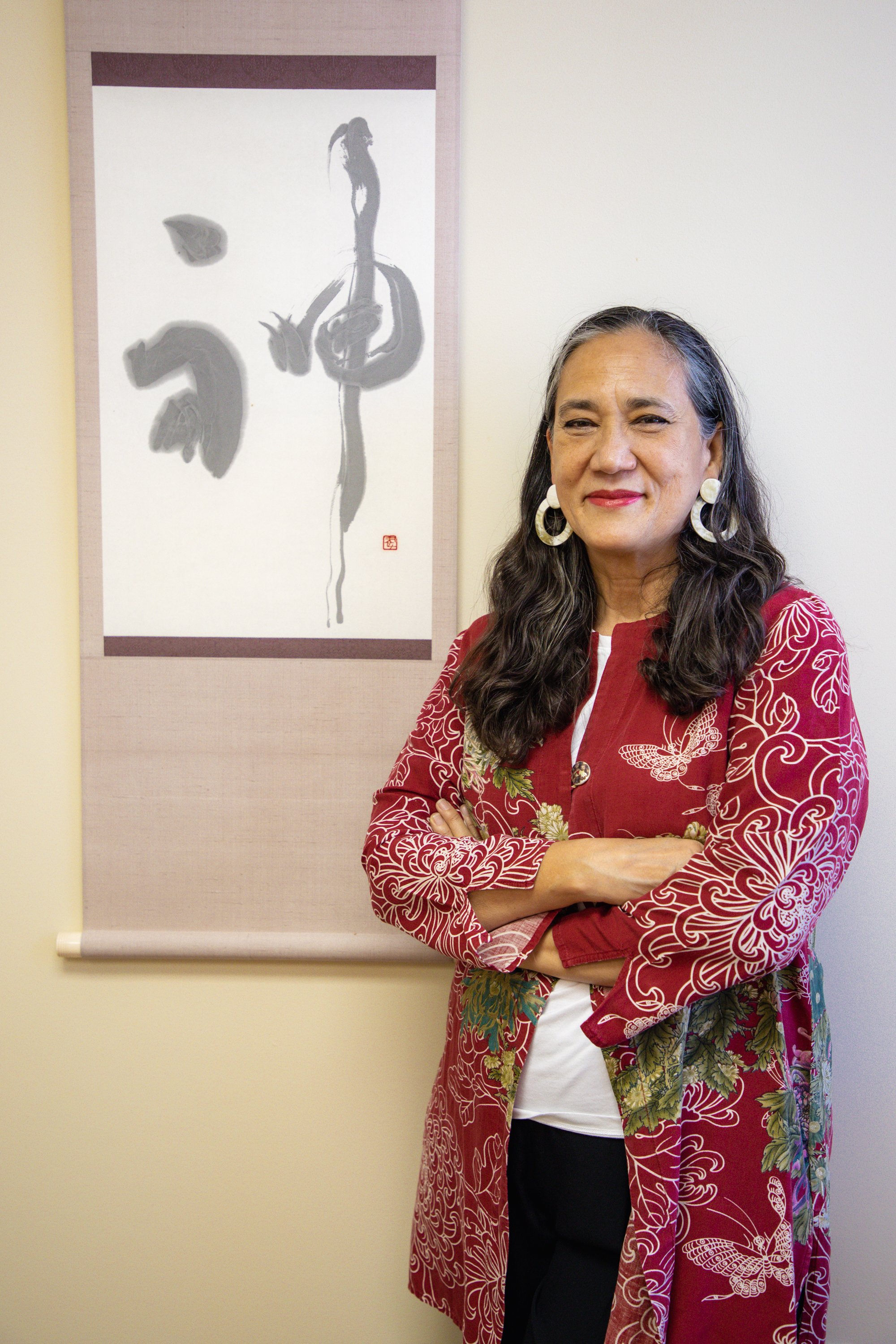5 Rules to Protect You From Financial Predators
Dear Friend,
I had a blast teaching The Hierarchy of Money yesterday.
It’s my quirky way of introducing you to the difference in value between two identical sums of money (via reality TV shows like Pimp My Ride, the movie Trading Places, or garden gnomes).
Click here for the replay. (It may take a couple of days before it’s uploaded).
If you registered ahead of time, the video will be emailed directly to you.
Thank you to Marla Musick and the YWCA of O’ahu Enterprising Women of Color program for sponsoring the class.
That was fun!
I don’t blame you.
You had jargon grenades lobbed at you.
Your fears and anxieties were teased out of you and handed to you like a cloud of toxic cotton candy.
Then, after you signed on the dotted line, you discovered that the thing you bought was not what you were sold.
You thought you were buying safety.
You were just tucking a big chunk of your money away for a few years at an attractive guaranteed rate.
Instead, you discover you can’t touch the money for decades without a penalty.
You traded liquidity for illiquidity, triggering capital gains taxes to raise the money for the investment.
That fat rate guarantee turned out to be good for only 3 years, after which it becomes a pittance.
I get so pissed off when I hear of yet another instance of financial rape.
If I were a superhero, I’d be a financial services vigilante. (Feel free to send me costume suggestions.)
So until I can suit up, here are five rules to help you keep your money safe.
••• Rule No. 1 •••
Do not buy investment products from insurance people.
By all means, buy term life insurance. Buy property and casualty, flood, errors and omissions, auto, and liability insurance.
But do not buy whole life or annuities, except under very specific circumstances (usually applicable to a very few).
There are lots and lots of non-insurance financial salespeople who are dodgy, and you shouldn’t buy from them either, but let’s start here.
••• Rule No. 2 •••
Follow the money.
Always ask for “any, all, and total fees.”
In writing.
You may be stunned at the size of the commissions.
••• Rule No. 3 •••
Beware of urgency, the con man’s favorite ploy.
Sign nothing under duress. Beware of false dramatic situations where someone’s cat will die if you don’t sign right this very minute.
The more you’re hounded to close the deal, the more suspicious you should be.
A hard sell implies selling something hard to sell.
••• Rule No. 4 •••
Look for the helpers.
If you’re faced with a 50-page contract that may as well be written in Ancient Sumerian for all the sense it’s making to you, get help decoding it.
Pay a lawyer to translate for you, paragraph by paragraph.
I hate legal language. With a passion.
But now I read every goddamn thing (except things I’m utterly powerless about, like Apple’s Uses and Terms, where I know I’ve waived any possible rights I have to be treated decently).
I learned the hard way.
I once gave up effective control of my business because I didn’t understand and think through what I was signing. (I got it back, you’ll be happy to know.)
Don’t be me.
Do not sign a contract unless you know exactly what’s at stake.
••• Rule No. 5 •••
Expect respect.
If the salesperson is unwilling, unable, or gets defensive about walking you through every clause, step aside.
If the salesperson condescends, treats you with contempt, or disrespects you in any way, run.
We’re not talking about the Mona Lisa here.
Financial products are a commodity. Whatever they’re peddling, you can easily buy from someone else.
Let me remind you.
It’s your money.
If you’re feeling stalked, don’t fully understand the terms of a contract, or just aren’t 100% clear and comfortable, take a breather.
Regroup. Reset. Get a second opinion.
You got this.
Three quick and easy resources to be a better steward of your money:
The Three Bodhisattvas of Finance
Safety, and Clarity are needed to take Aligned Action when it comes to managing your money.
Jizo, Manjusri, and Daruma embody those qualities, and will inspire you to feel more grounded and confident in your decision-making.
Each week I show you how to cultivate each step.
Nobody knows nothin’.
The future can’t be predicted with certainty.
The world is chaotic and always morphing.
Bad things happen to good people. Good things happen to bad people.
You can control very little.
Yield to the random and unknown.
When you realize beautiful things can result when you don’t try to control the uncontrollable, you’ll feel at peace.
MANJUSRI: Clarity and Discernment
54% of Americans don’t have a will, according to a recent Gallup poll.
And it’s not just because there’s nothing to pass on. 20% of Americans worth over $1 million also don’t have a will.
If you are one of the 54%, the state in which you live will decide who gets your dough.
Maybe the love of your life and companion for decades will get nothing.
Meanwhile, your estranged parents who tortured you as a child will get everything.
And who will care for your fur baby?
Now that you know what the consequences of not having a will are, you can take aligned action.
You can control a tiny sliver of the future.
Make a will.
DIY is better than nothing.
Better yet, hire a trusts and estates attorney.
For more thoughts and ideas on financial intimacy, subscribe to my weekly newsletter Cultivating Your Riches.











